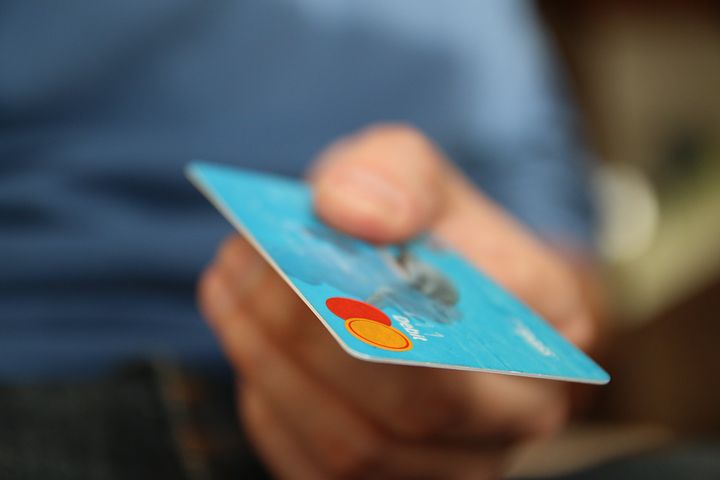|
�
Archives
September 2021
Categories
All
|
Back to Blog
It is year X and you owe Family 119 a loan.. Knowing that you are unable to pay back, you pledge your services and that of your entire family of 5 to repaying this debt. Family 119 agrees to this arrangement but will not tell you what type of service you will provide and for how long. You are now age 73 and frail. The 119s now own your land, where your modest home sits (you are now a tenant) and they are also aware that you can no longer continue your services. You instruct your children to inherit your debt repayment services to the 119s. What will they do? Luckily, Debt Bondage, as described above is illegal according to the International Labour Organisation but it provides some historical insight into how debts have been managed in the past. Today, the 119s seem to be replaced with banks and other lending organisations. Additionally in some parts of the world, your debts can still be passed onto your dependents. So, what is your debt relationship status? Friend, it's complicated, separated? In the UK, research by FairMoney found that typically, women own 25% more debt that men. This reality is taking place in a world where a woman wage is statistically lower than men due to wage gaps and the increased number of women in part time jobs. One positive news is that women are more likely to speak about their debts than men showing that we have less guilt or shame about this subject. With an open approach to discussing debt, this blog post looks at, what we can do to reshape a women's debt reality. I seek to understand the nature of debt, what it is and how to manage it to yield positive outcomes. And if you are already in a difficult debt situation, I share some views based on research on how to get address it. Debt is a sum of money that is owed or due to a lender. There are two types of debts - Secured Debt and Unsecured Debt. Secured Debts are backed by an asset. This means that when you take on a secured debt, the lender (who is providing you with the loan) has the right to asset e.g. a car or house upon as collateral. The typical types of secured debts are mortgages and car loans. If you are unable to pay the loan taken to obtain these assets, the lender can get the asset also called a collateral. As a borrower, you are able to own the asset only when you pay off the loan in full. Unsecured Debt are not backed by an asset and the lender does not have rights to any collateral. These debts typically have a higher interest rate and examples of this type of debts are credit card loans, student loans, medical bills, pay day loans, overdrafts etc. If you obtain one of these types of debts, the lender can get repaid if your default in a number of ways- garnish your wages, send a debt collector to retrieve the funds or find a way to get access to your asset. The Stats Across the Britain, Unsecured debts have increased by 50% since 2008 and make up around 30% of a typical household income. Why? these increases are attributed to public spending cuts and wage stagnation. In light of this, individuals are using debts a resource to manage their expenses. Unsecured debts are easier to access (online) and loan providers are able to typically charge higher rates and thus reap significant rewards particularly when borrowers are unable to repay them. Understanding Debt for Wealth Creation, Growth and Protection From my research, I have found that people hold debt for a variety of reasons, to purchase phyiscal assets, knowlegde assets such as education via a student loan, to deal with sudden changes, build their credit score and more. Some others choose to have ZERO debts and manage their lifestyle with their own savings. However, most wealth builders handle debt with extreme care. This is because:
For each debt type, I share my finding what what a good behaviour looks like and also list out which bad ones to avoid. We hold debts for a variety of reasons Credit Card Bad Debt Habit:
Wealth building habit:
Car loan Bad Debt Habit:
Wealth building habit:
Mortgage Bad Debt Habit:
Wealth building habit:
Student loan On average, It takes women 16 years to pay off student debts. By contrast, it takes men 11 years. Bad Debt Habit:
Wealth building habit:
I am thinking of taking on (more) debts (Discuss this in DETAIL with your loan provider )
I am already in debt
Not to worry, you have multiple resources avaliable to you to acheive a postive outcome. Speak to your bank or financial advisers to get more information. You can consult resources and charities that include: Here are a few steps that may help:
Whatever you choose, DO NOT Use Pay day Loans Payday loans refer to loans provided by pay day lenders who lend an amount of money which borrowers typically pay back on the day they receive their monthly salary-hence the word pay day. These loans are typically sought after as a last resort. Due to this, they typically carry very very high interest rates. These loans are unsecured and can negatively impact your credit score because they signify to the lender that you are not financially stable. This can make it more difficult for you to get other loans e.g. a mortgage in the future.
1 Comment
Read More
|
Proudly powered by Weebly





